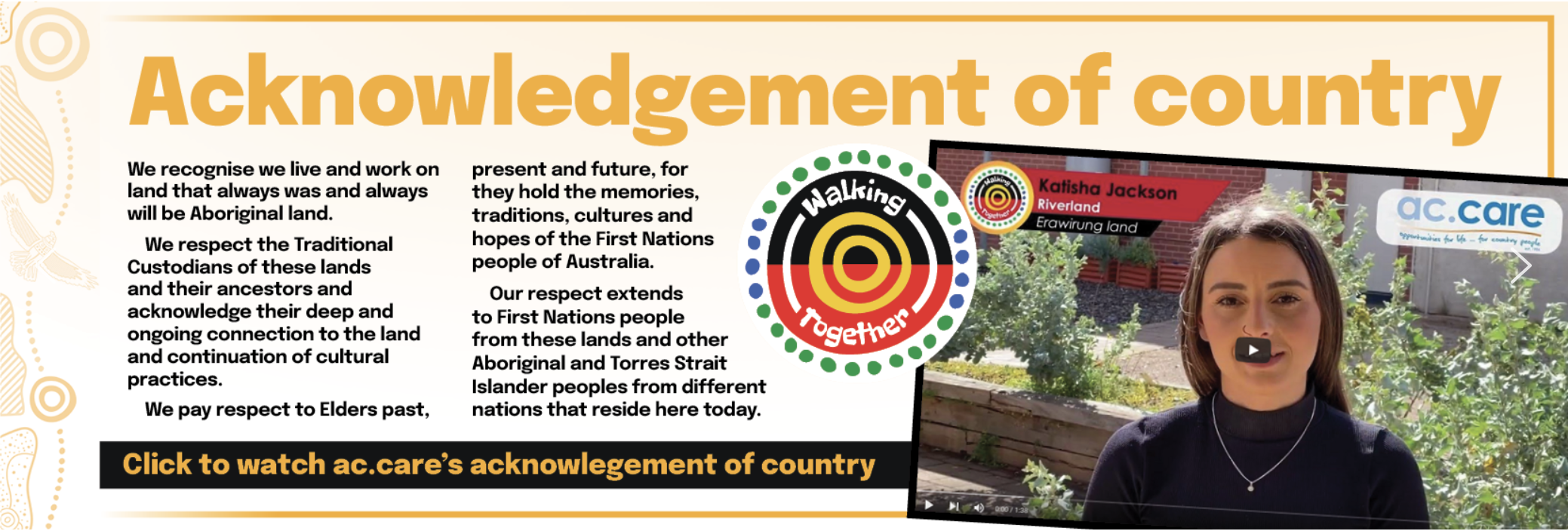IMPACT Foundations introduces participants to key IMPACT and intentional practice content. This adaptable one-day workshop is designed for anyone interested in learning the foundational skill elements to apply intentional communication and strategies to activate growth and learning outcomes in the lives of the children, young people or adults they support. It introduces the language, approach and set of methods of intentional trauma responsive practice.
It provides trainees the core knowledge and skills to apply intentional communication and strategies to:
- Respond to the “needs” of clients (children, young people or adults), as opposed to react to their behavior.
- Grow a client’s internal resources for personal wellbeing, resilience and optimal whole-of-life outcomes.
Content is mapped against a competency framework of knowledge and skill acquisition:
Knowledge (Awareness)
Participants will gain an introduction to:
- The diversity of human experiences, and the impact of different context (including trauma) on human functioning.
- Brain development and functioning, and the core “needs” underpinning optimal wellbeing, resilience and behavioral outcomes.
- The application of intentional and flexible side-by-side supporting adult communication and strategies to foster client growth and change outcomes.
- Frontal lobe activation as the foundational process to grow and support the expression of wellbeing, resilience, and thriving life outcomes.
- An introduction to the language, approach and set of methods of intentional practice and the activating processes of curiosity, coaching and validation.
- Trauma-focused “growth intent” and associated activating scripts and strategies.
Skills
- Participants will initiate a journey to develop the foundational skills in “how to”:
- Ground self (and bring mindful intent into action).
- Respond rather than react.
- Intentionally personalise their responses to the people they are supporting.
- Conduct moment-to-moment trauma-responsive practices.
- Deliver side-by-side intentional coaching conversations.
- Apply “under the surface” thinking.
- Apply “growth focused thinking” (identify building blocks of growth intent).
- Develop a non-clinical Growth Action Plan (What-What-How®) with others that is personalised to a client’s individual needs and context.
- Develop a “shared intent” with both clients and other supporting adults.

